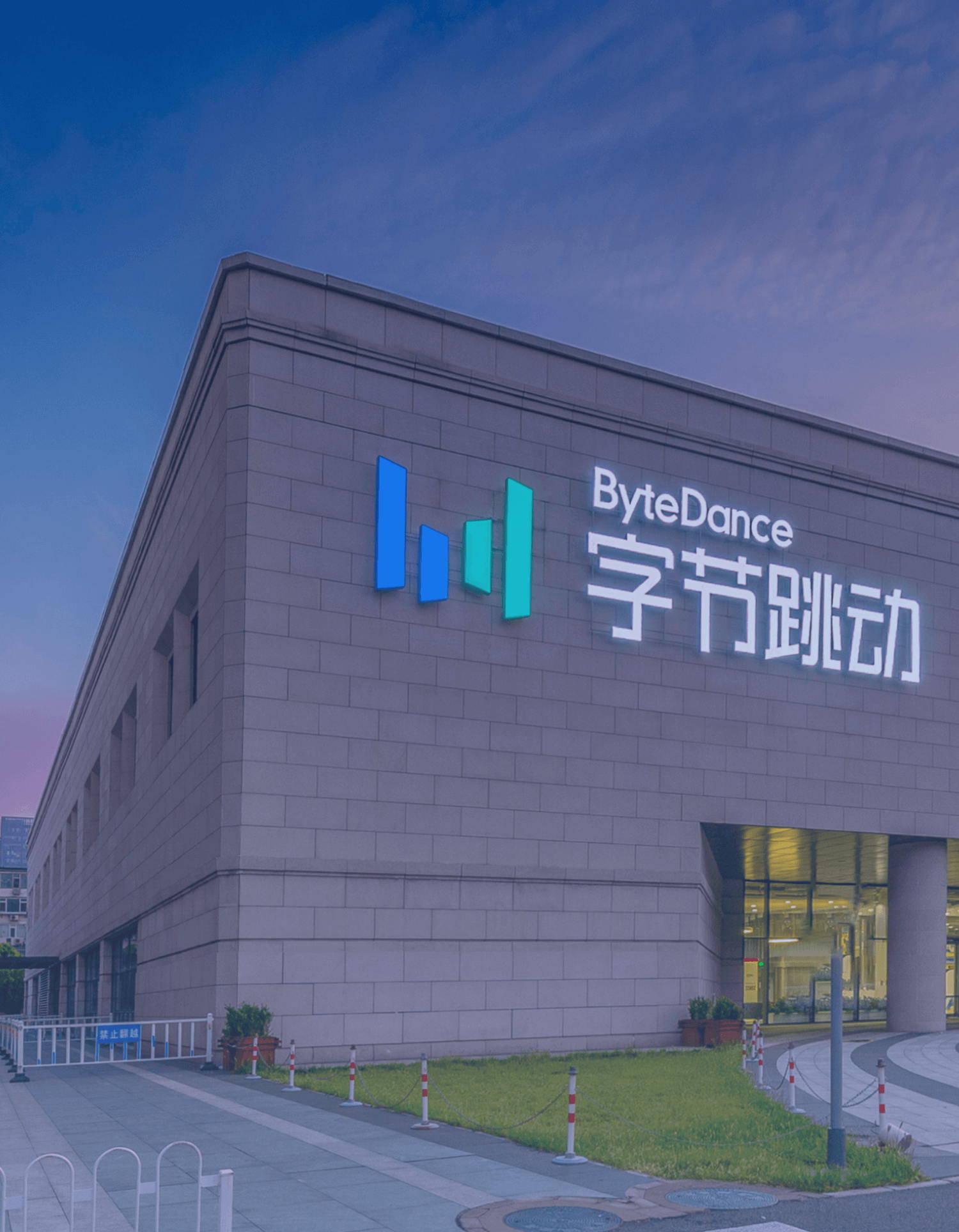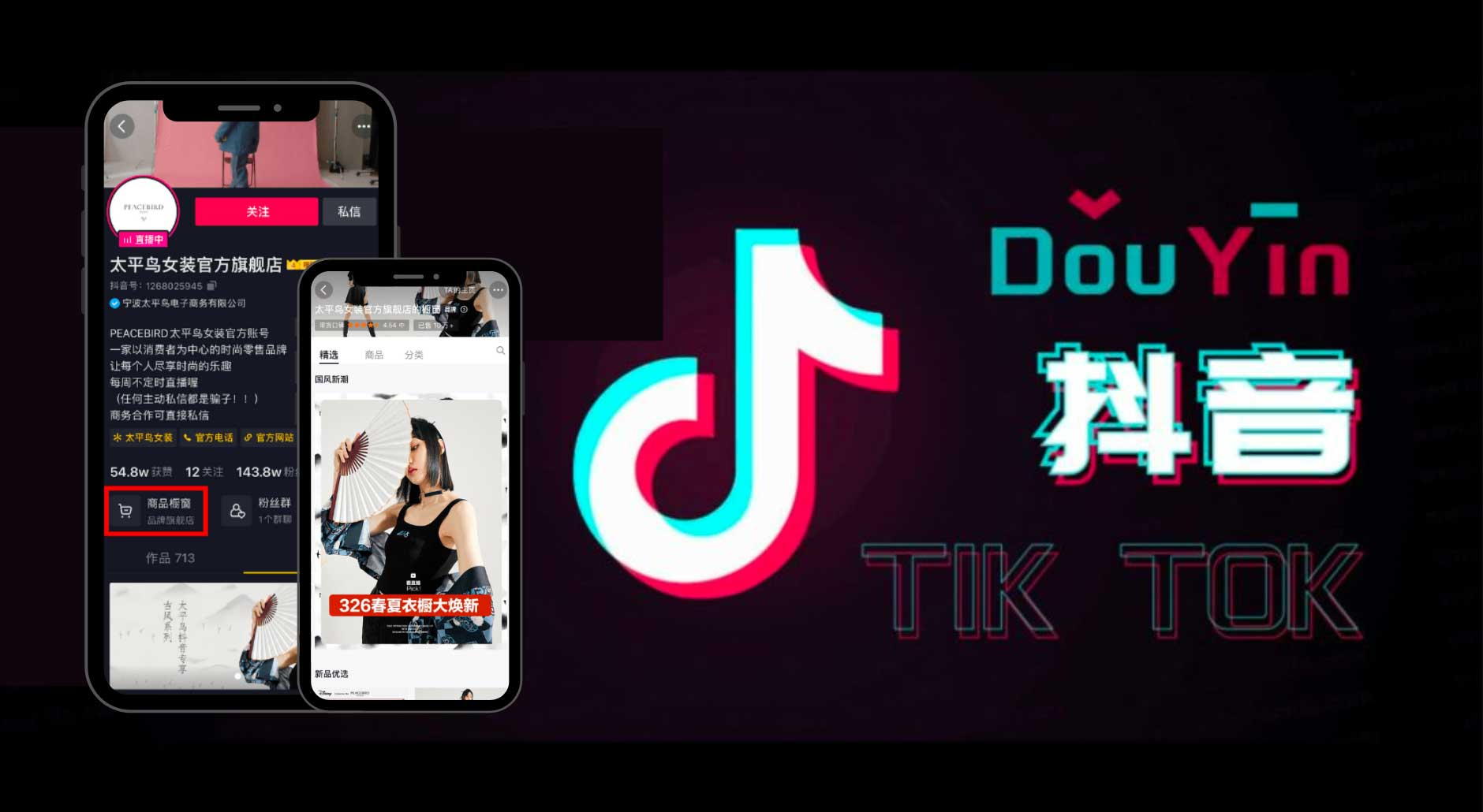TikTok Blow As Indonesia Bans E-commerce Transactions

Major blow for TikTok’s expansion hopes in southeast Asia, as Indonesia bans e-commerce transactions on social platforms
Indonesia has banned e-commerce transactions on social media platforms, in a huge blow to the expansion hopes of TikTok.
Reuters reported that the Indonesian trade minister confirmed on Wednesday that e-commerce transactions on social media platforms has been banned with immediate effect.
The move is big setback for TikTok and its Beijing-based parent ByteDance. In June this year ByteDance had said that it would invest billions of dollars in Southeast Asia over the next few years to build its e-commerce platform TikTok Shop.

E-commerce expansion
The reason ByteDance has sought to double down on ramping up its e-commerce in the region, could be explained by the intensifying scrutiny over TikTok’s data security practices by the United States and other countries.
Southeast Asia is a region with a collective population of 630 million – half of them under the age of 30. This makes it one of TikTok’s biggest markets in terms of user numbers, with 125 million active monthly TikTok users in Indonesia for example.
Monetising this large user base into a major e-commerce revenue stream would have helped TikTok counter its growing shutout from Western markets, while at the same time thrust TikTok into greater competition from larger rivals such as Sea’s Shopee, Alibaba’s Lazada and GoTo’s Tokopedia.
The expansion in South east Asia would have also helped TikTok diversify beyond advertising into e-commerce, by allowing consumers to purchase goods through links on the app during livestreaming for example.

TikTok is thought to have 8,000 staff in Southeast Asia, and 2 million small vendors selling their wares on its platform in Indonesia, the region’s biggest economy.
E-commerce transactions across the region reached nearly $100 billion last year, with Indonesia accounting for $52 billion, Reuters has previously reported, citing data from consultancy Momentum Works.
TikTok facilitated $4.4 billion of transactions across Southeast Asia last year, up from $600 million in 2021, but it still trailed far behind Shopee’s $48 billion of regional merchandise sales in 2022, Momentum Works said previously.
Indonesia ban
But now Indonesia has banned e-commerce transactions on social media platforms.
According to Reuters, the Indonesian government said the move, which takes effect immediately, is aimed at protecting offline merchants and marketplaces.
The government also added that predatory pricing on social media platforms is threatening small and medium-sized enterprises.
A TikTok Indonesia spokesperson reportedly said it would pursue a constructive path forward and it was “deeply concerned” with the announcement, “particularly how it would impact the livelihoods of the 6 million” local sellers active on TikTok Shop.
Reuters quoted Indonesia Trade Minister Zulkifli Hasan on Wednesday telling reporters that the regulation is intended to ensure “fair and just” business competition.
Zulkifli Hasan also reportedly added that it was also intended to ensure data protection of users.
He warned against letting social media become an e-commerce platform, shop, and bank all at the same time.
The new regulation also requires e-commerce platforms in Indonesia to set a minimum price of $100 for certain items that are directly purchased from abroad, according to the regulation document reviewed by Reuters, and that all products offered should meet local standards.
Zulkifli said TikTok had one week to comply with the regulation or face the threat of closure.
Indonesia Deputy Trade Minister Jerry Sambuaga earlier this month had reportedly named TikTok’s live streaming features as an example of people selling goods on social media.